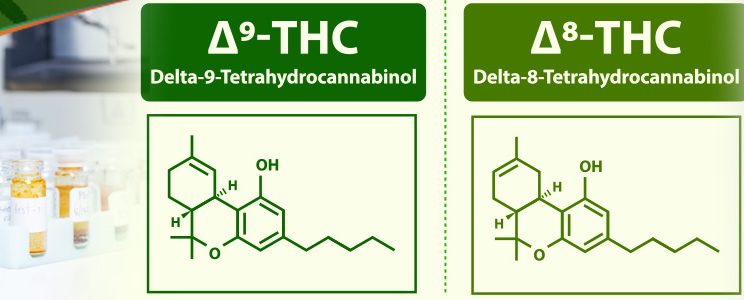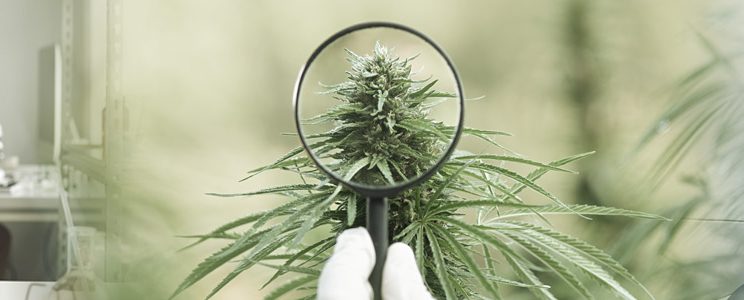Original Release Date: June 21, 2024
In episode one of our Community-based Solutions for Substance Use Challenges season, Just Science sits down with Dr. Samantha Tolliver, Chief Toxicologist for the District of Columbia Office of the Chief Medical Examiner, or DC OCME, to discuss how their agency uses their Bureau of Justice Assistance’s (BJA’s) Comprehensive Opioid, Stimulant, and Substance Use Program, or COSSUP, funding to improve their drug testing and analysis processes.
For forensic toxicologists, it is important to be able to quickly and accurately identify which substances have contributed to an accidental overdose, so that they can monitor emerging drug trends in the area. The DC OCME’s COSSUP funding has allowed their office to use reference labs to reduce their casework and focus on adopting new methods for drug testing and analysis. Listen along as Dr. Tolliver discusses challenges faced by forensic toxicologist in keeping up with drug trends, the benefits of adopting technology such as high-resolution mass spectrometry, and how improving drug testing methods can contribute to broader community overdose prevention efforts.
This Just Science season is supported, in part, by RTI Award No. 15PNIJ-21-GK-02192-MUMU, awarded by the National Institute of Justice, and by RTI Award No. 15PBJA-23-GK-02250-COAP, awarded by the Bureau of Justice Assistance. Both are agencies within the Office of Justice Programs, U.S. Department of Justice.
View or download the episode transcript here:
Transcript
Episode Citation
Mullen, L.& Tolliver, S. (2024, June 14). Just Science. Just Improving Forensic Toxicology Testing in DC. [Audio podcast episode]. National Institute of Justice’s Forensic Technology Center of Excellence. https://forensiccoe.org/podcast-2024-cossup-ep1/.
Guest Biography
Samantha S. Tolliver, Ph.D., is the Chief Toxicologist at the Washington, DC Office of the Chief Medical Examiner and has been employed there since 2014. Her nineteen years of toxicology experience include postmortem, driving under the influence, drug facilitated crime, pre/post-exposure, and workplace drug testing. She has testified in federal, state, and local courts within the United States. Dr. Tolliver holds a Bachelor of Science in Chemistry from West Virginia State University. She earned both her Master of Science in Forensic Science and a Doctorate in Chemistry from Florida International University. She is certified in toxicology by the National Registry of Certified Chemists. Dr. Tolliver has made scientific presentations at the Drug & Alcohol Testing Industry Association (DATIA), the American Academy of Forensic Scientists, and the Society of Forensic Toxicologists (SOFT). Dr. Tolliver is an active member of SOFT, the American Academy of Forensic Sciences, the Toxicology Subcommittee of the Organization of Scientific Area Committees (OSAC), and the Drug Testing Advisory Board (DTAB).
The opinions, findings, and conclusions or recommendations expressed in this podcast episode are those of the presenter(s) and do not necessarily reflect those of the U.S. Department of Justice.
Contact us at ForensicCOE@rti.org with any questions and subscribe to our newsletter for notifications.




